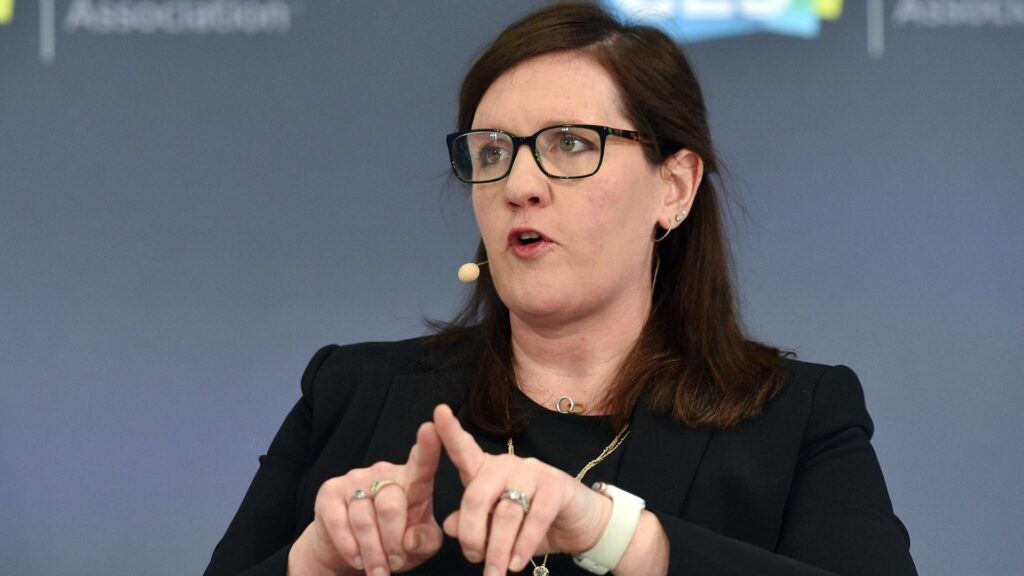The U.S. Supreme Court has agreed to hear a case that could redefine presidential authority, as it examines whether former President Donald Trump acted within his powers when he attempted to fire a member of the Federal Trade Commission (FTC). The dispute, which has drawn widespread attention, could have major implications for the independence of federal agencies and the balance of power between the executive branch and regulatory bodies.

Background of the Case
The case stems from a clash during Trump’s presidency when he sought to remove an FTC commissioner who resisted some of his administration’s policy directions. The FTC, which is designed to operate as an independent regulatory body, traditionally grants its members fixed terms and protection from at-will dismissal by the president.
Critics argue that Trump’s effort to dismiss the commissioner was an overreach of executive power, undermining the agency’s independence. Supporters, however, maintain that the president should have the authority to remove officials who are not aligned with their administration’s priorities.
Broader Constitutional Questions
At the heart of the case is a larger constitutional debate: How much control should the president have over independent agencies? The Supreme Court has previously weighed in on similar issues, most notably in decisions involving the Consumer Financial Protection Bureau (CFPB) and the Public Company Accounting Oversight Board (PCAOB).

Legal experts note that this case could extend or limit those precedents. If the Court sides with Trump, it could expand presidential powers, giving future presidents greater influence over regulatory bodies. A ruling against Trump, however, would reinforce the independence of agencies like the FTC, shielding them from political pressures.
Trump’s Shocking $100,000 H-1B Visa Fee Proposal Sparks Global Debate
Potential Impact
The outcome of this case could affect not just the FTC, but also other federal agencies that rely on independent oversight. Financial regulators, communications watchdogs, and labor boards could all see their governance structures tested depending on how the Court rules.

Observers also point out that the decision will arrive at a time when presidential authority and the independence of federal institutions remain hotly debated issues in U.S. politics.
Looking Ahead
The Supreme Court is set to hear oral arguments later this term, with a ruling expected in mid-2025. Until then, the case will remain a focal point for legal scholars, policymakers, and political leaders who see it as a defining moment in the ongoing struggle between executive power and institutional independence.
